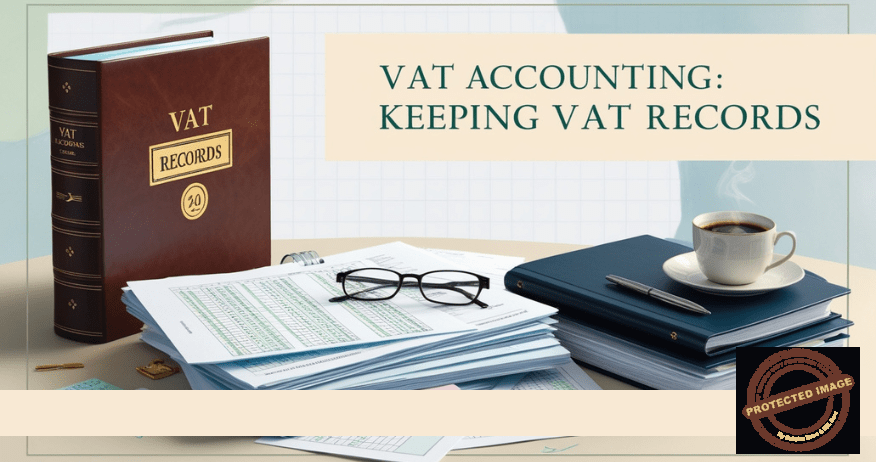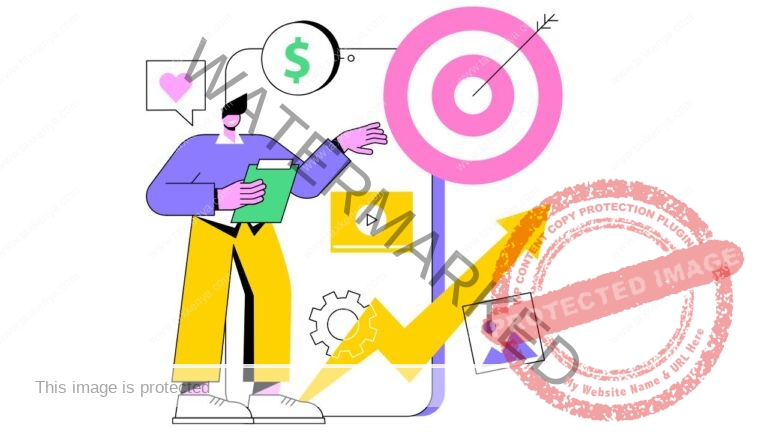The VAT law in Kenya requires that for every transaction, proper VAT accounting must be in place. Every taxpayer must keep full and true written records to enable the person and the KRA or anyone else to establish whether there is tax liability.
Legal requirements
The records should be kept for 5 years from the last entry made or as the law requires. However, the records can be maintained for periods longer than 5 years, where:
a) The documents relate to an amended assessment – they are retained until the period specified has expired.
b) The documents are necessary for proceedings that had commenced in a court of law before the end of five years period – retained till proceedings are completed.
c) VAT refunds are pending.
d) There are ongoing tax investigations for the tax period.
Records Required
There are various records that the tax law required to be maintained: the following are some of the tax records:
- Local supplies (goods and services)
Sales:
a) Copies of tax invoices and simplified tax invoices (cash sales receipts) serially-numbered. b) Copies of serially numbered debit notes.
c) Copies of serially numbered credit notes.
d) Daily sales books.
e) Sales journals.
Purchase:
a) Purchase receipts.
b) Order details (LPOs, contracts, tenders etc.).
c) Tenders documents.
d) Daily purchase books.
e) Purchase journals.
Cash:
a) Cashbook(s).
b) Petty cash book.
c) Bank statements.
d) Pay in slips.
e) Bank reconciliations.
f) Cheque counterfoils.
g) ETR and ESD details.
h) Director’s bank accounts.
i) Director’s credit cards.
j) Any other documents that the Commissioner may require.
Imported goods
a) Copies of IDFs.
b) Copies of customs entries.
c) Copies of invoices.
d) Payment receipts for customs duty or tax.
e) Credit notes received.
f) Debit notes received.
g) Any other document the Commissioner may require.
Imported services
a) Evidence to identify the supplier and/or recipient.
b) Nature and quantity of services supplied.
c) Time of supply.
d) Place of supply.
e) Consideration of the supply.
f) The extent to which the supply has been used by the recipient for a particular purpose.
Other records
a) VAT 3 returns and annual audited accounts.
b) VAT 3A and VAT 3B.
b(a) VAT refund claim copies.
c) Copies of Withholding VAT certificate copies.
d) Copies of stock records.
e) Details of all deliveries unless available at the time of supply on invoices issued.
f) Other accounts or records specified in writing by the Commissioner.
g) VAT account for each tax period – referred to as monthly VAT analysis.
h) Total input VAT.
i) Total output VAT.
j) Any debit notes
k) Any credit notes.
Balance for the period – net tax
a) Debit balance.
b) Credit.
c) Zero balance.
d) Nil balance.
Note:
The records should be filed either chronologically either by date or the supplier’s name. VAT Act demands that a registered person should:
a) Avail the records to an authorized officer for inspection.
b) The records should be filed either chronologically either by date or the supplier’s name.
c) VAT Act demands that a registered person should be registered.
Disclaimer
This post is for general overview and guidance and does not in any way amount to professional advice. Hence, www.taxkenya.com, its owner or associates do not take any responsibility for results of any action taken on the basis of the information in this post or for any errors or omissions. Kenyan taxpayers must always rely on the most current information from the KRA. The tax industry in Kenya is very dynamic.




